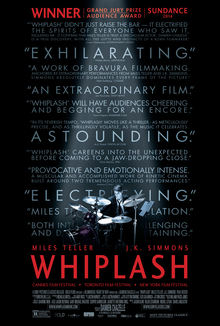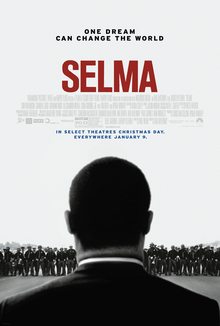 You may not always agree with the Oscars and their penchant to nominate small movies over popular ones, or honor stodgy favorites over diverse newcomers. But despite all the lobbying and glad-handing that make up the Oscars race, there are always a couple of nominations for truly deserving films that would otherwise have been overlooked. Marion Cotillard's Best Actress nomination for the Belgian movie, Two Days, One Night is a perfect example.
You may not always agree with the Oscars and their penchant to nominate small movies over popular ones, or honor stodgy favorites over diverse newcomers. But despite all the lobbying and glad-handing that make up the Oscars race, there are always a couple of nominations for truly deserving films that would otherwise have been overlooked. Marion Cotillard's Best Actress nomination for the Belgian movie, Two Days, One Night is a perfect example.
Written and directed by the Dardenne brothers, Two Days, One Night (Deux Jours, Une Nuit if we want to acknowledge the actual French title) is a masterclass in deeply personal, dramatic storytelling. Cotillard plays Sandra, a woman who has been away from her job in a solar panel factory for a few months due to severe depression. After therapy and medication, she is ready to return to work. Unfortunately, in her absence, her employers have discovered that 16 people could easily do the job of 17 and that they don't need her. On Friday, the foreman tells her colleagues to vote on whether they want Sandra to be hired back, or whether they want their bonus of 1,000 euros. He implies that if Sandra is not fired, someone else will be, which scares 14 out of 16 people into voting for their bonuses. However, after discussing it with the boss, Sandra's friend Juliette is able to request a secret ballot to be held on Monday, where everyone will vote again, this time without the threat of redundancy if Sandra returns. Now Sandra has a weekend to convince at least 9 colleagues to vote for her instead of the bonus.
It's a beautiful story, filled with urgency and despair and genuine humanity. Cotillard's performance is heartbreaking - Sandra's depression is constantly trembling on the surface, threatening to engulf her and sweep her back into the abyss. Her loving husband, Manu (Fabrizio Rongione), is her champion, cajoling and supporting her, insisting that she fight for her job and take a stand, yet trying his best to not push her too hard. As she meets each of the 16 people she needs to convince to vote for her, we are introduced to a diverse range of working-class people, all of whom have very valid reasons for wanting their bonuses. Their reactions to the pleading Sandra are incredibly varied; some flat-out refuse to vote for her, while others have amazingly moving reactions when confronted by this woman whose life depends on their decision.
It might seem odd to call this movie a thriller but it is genuinely tense as you near the end and wonder what the outcome of the vote will be. These are the kinds of high-stake situations that working-class families face every day and it is gripping to see this story play out on the big screen. Hollywood rarely deigns to tell the story of ordinary people who are just struggling to get by, but Two Days, One Night is a fascinating look at one woman and what constitutes a fight for her life and dignity. It is thoroughly satisfying and unpredictable, a perfect human movie.









